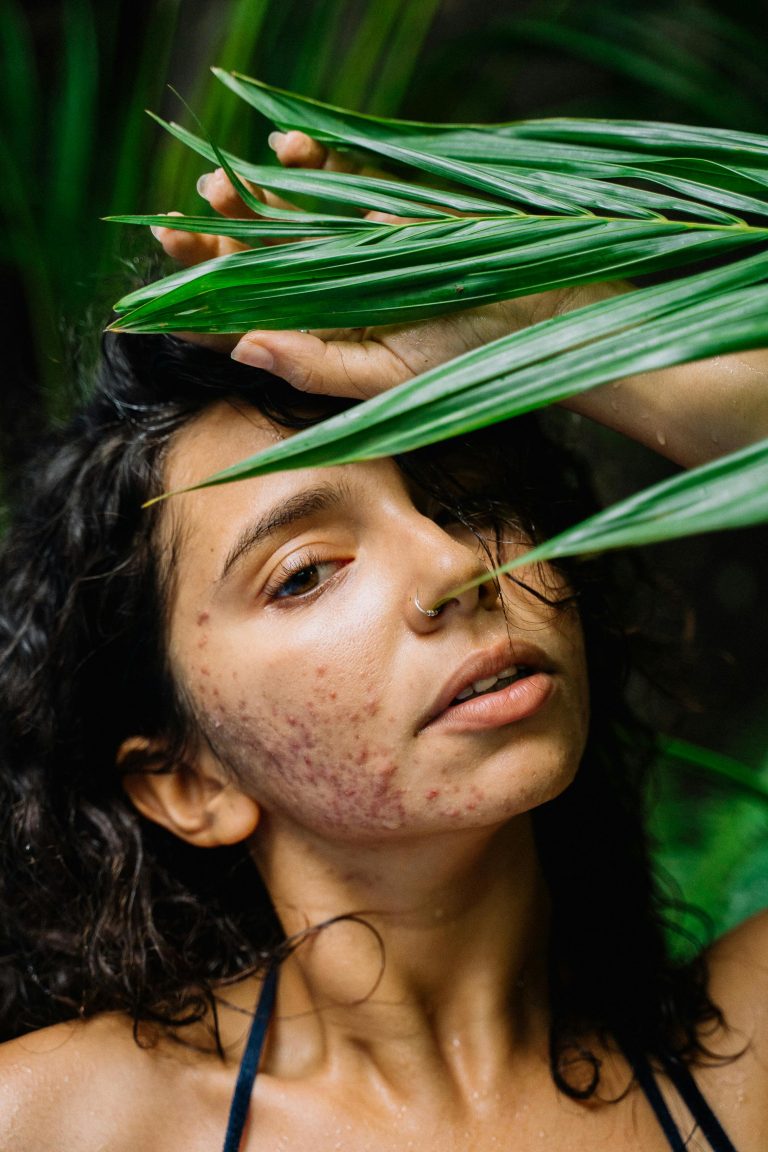Acne is a common skin condition that occurs when hair follicles become clogged with oil and dead skin cells, leading to inflammation. It can manifest as blackheads, whiteheads, pimples, or cysts, and often appears on the face, chest, back, and shoulders.
There are several types of acne, each with distinct characteristics. Fungal acne, also known as pityrosporum folliculitis, occurs when yeast builds up in hair follicles, leading to itchy and inflamed spots. Cystic acne is characterized by deep, pus-filled pimples and nodules that can result in scarring. Hormonal acne typically affects adults and is caused by an overproduction of sebum, which clogs pores. Nodular acne is a severe form that involves pimples on the skin’s surface as well as tender, nodular lumps beneath the skin.
The prevalence of acne among adolescents is about 80% worldwide; however, moderate to severe acne accounts for 20% of all acne sufferers. Adult acne is an increasing problem and is currently estimated to affect 40% of the population.
Acne is primarily caused by overproduction of oil (sebum), bacteria, and hormonal changes, particularly during puberty. Other contributing factors include genetics, stress, certain medications, and the use of comedogenic skin products that block pores.
Symptoms of acne vary depending on its severity, ranging from mild blackheads and whiteheads to inflamed, pus-filled lesions. Severe acne can lead to scarring and emotional distress if not adequately addressed.
Prevention includes maintaining a consistent skincare routine, avoiding pore-clogging products, and managing stress. Treatment options range from over-the-counter products containing salicylic acid or benzoyl peroxide to prescription medications such as retinoids or antibiotics. In severe cases, dermatologists may recommend isotretinoin or other advanced therapies.
Although acne can be frustrating, it is treatable with proper care and persistence. Early intervention and professional guidance can help individuals achieve clearer, healthier skin.
Reach out to us via WhatsApp or book a consultation at one of our clinics for a more detailed diagnosis if you have further concerns regarding your skin’s health.
Read our other articles here.
- IGAKUhttps://igaku.co/blog/author/igaku/
- IGAKUhttps://igaku.co/blog/author/igaku/
- IGAKUhttps://igaku.co/blog/author/igaku/
- IGAKUhttps://igaku.co/blog/author/igaku/


